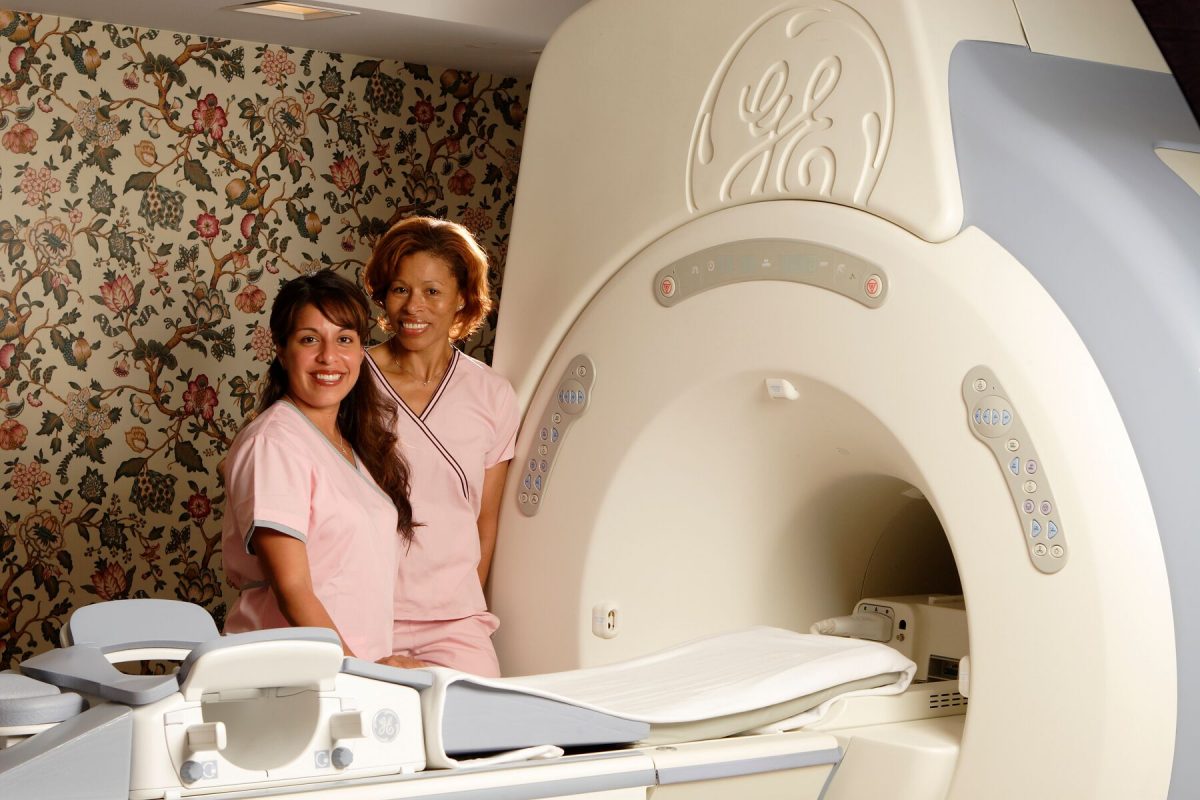A heart scan, also called a coronary calcium scan, is a specific X-beam test that provides pictures of the heart that can help the PCP identify and quantify calcium-containing plaque in the runners to know calcium score in Wayne, NJ. Plaque within the heart’s ducts can develop and limit blood flow to the heart muscles. Measuring calcified plaque with a heart scan can allow the PCP to distinguish a conceivable coronary vein infection before one experiences signs and side effects. The primary care doctor will use the test results to determine what one wants – medication or lifestyle changes – to lower the bet of a heart attack or other heart problems.
Because it’s over
The primary care physician may arrange a heart scan to gain a better understanding of the risk for heart disease or, conversely, assuming the therapy plan is uncertain. A heart scan uses a specific X-beam innovation called multidetector line or multislice electron tomography (CT). The scan takes numerous images that can show any plaque storage in the veins. A heart scan gives an initial look at plaque levels.
When is a heart scan used?
A heart scan can help guide treatment, assuming one has a low to direct risk of heart disease or, again, in case the risk of heart infection is unclear. The primary care physician can let one know if one can profit from a heart scan because of gambling factors. A heart scan can also help motivate people to play moderately to make significant lifestyle changes and stick to treatment plans.
Risks
Heart scans utilize X-beam innovation, which opens one up to radiation. How much aperture is, in general, thought to be shielded – about a similar measure of radiation one normally gets in a year. Some clinics and research centers tout heart scans as a simple method of measuring the risk of a heart attack. These exams do not need a referral from a specialist and will likely not be covered by the insurance. Likewise, there are more accessible blood tests and blood pressure monitoring that can offer similar information.













